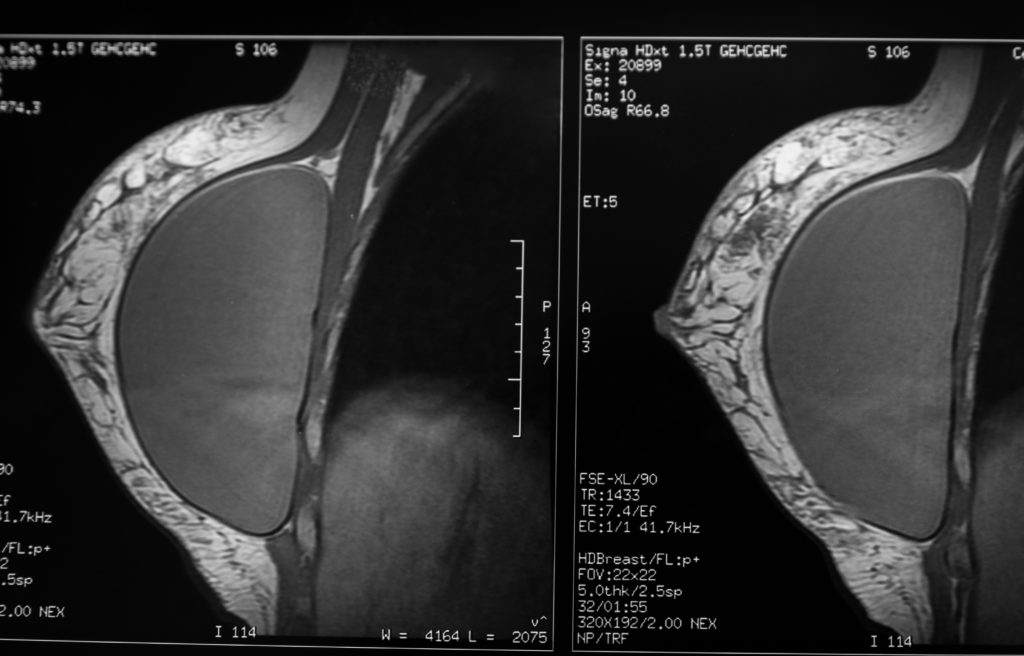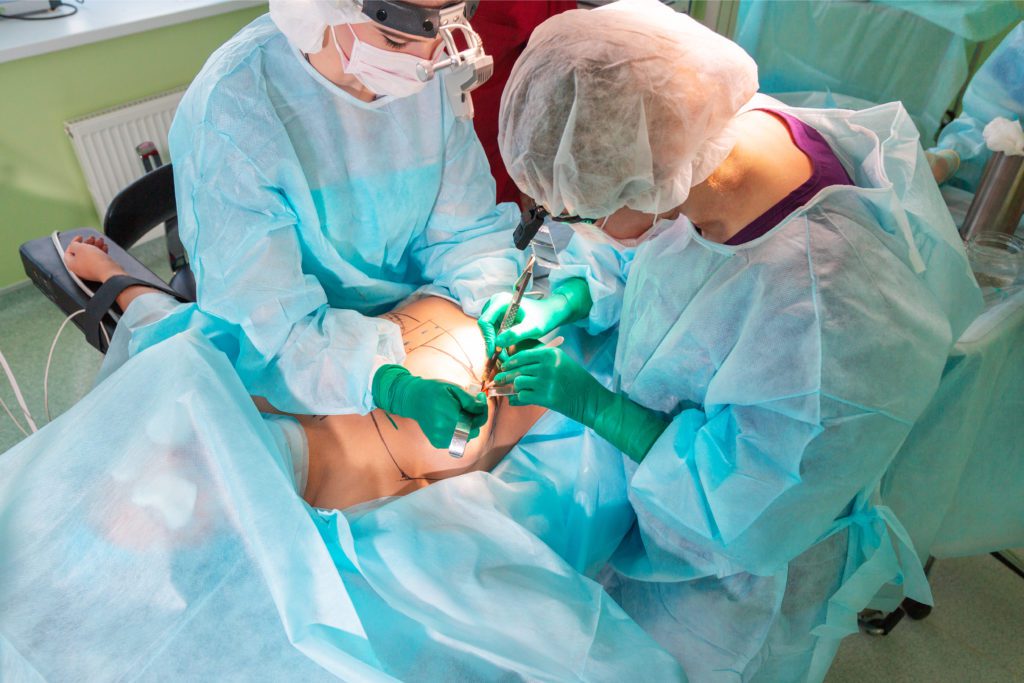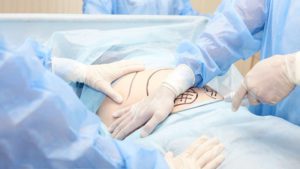Dr Barretts Tips for The Ultimate Brazilian Butt Lift Recovery
Congratulations! We’re sure you’re feeling pretty uncomfortable right now, but rest assured: you’re on your way to your new self! But first. you’re going to
Enjoy free complimentary domestic shipping on orders of $200 or more!

It can be heartbreaking to realize that something that has given you so much confidence and happiness may also be making you sick. At the time, your breast augmentation was probably one of the best decisions you’ve ever made, but if you’ve lived with symptoms ever since, you might be looking back at it with bittersweet feelings. If you suspect you might have Breast Implant Illness, you probably have more questions than answers, and while there’s still a lot of mystery surrounding it, there are some things we do know.

BII is still somewhat of a mystery; it’s thought to be a systemic inflammatory reaction or a rare autoimmune reaction to breast implants or the scar tissue surrounding the implants, but while some who experience BII also get diagnosed with a specific autoimmune or connective tissue disorder, many don’t. Some believe it’s due to breast implant contamination (which is why it’s so important to initially choose a board certified plastic surgeon for your breast augmentation surgery). Others believe some women may be genetically predisposed to developing an immune reaction to the materials used in breast implants.
With the information we currently have, the most effective BII treatment is breast implant removal. Specifically, one that removed the implants and the surrounding scar tissue. An en bloc capsulectomy, a particularly effective BII treatment, is a type of breast implant removal surgery, or explant surgery, to remove both the breast implant and the scar tissue capsule all together, without opening the capsule, ensuring that nothing within it leaks into the surrounding area.

Because BII is not entirely understood, and because the breast implant illness symptoms are very broad, it’s entirely possible they may or may not be caused by your implants. It’s important to discuss these symptoms with both your plastic surgeon and your primary care physician to rule out any other conditions.
If, after consultation with your plastic surgeon and your primary care physician, you choose to remove your implants, you can expect a similar recovery with your breast implant removal surgery as you did with your breast augmentation surgery: three days of solid downtime and relative downtime for at least two weeks. You can expect soreness, swelling, bruising and sensitivity for a few weeks, but it should subside enough within the first few days to allow you to return to most of your activities without significant discomfort. Most patients can return to light activities within one week and more strenuous exercise after about six weeks. If you’re concerned about scaring, rest assured that Dr. Barrett has developed detailed scar management protocols and closure techniques to reduce visible scarring for his patients. Following the removal of your explant surgical stitches, you’ll likely be instructed to tape your incisions for a period of time. Upon completion, it’s recommended that you begin using scar gel. Skinuva® is surgical scar healing cream that’s backed by science and uses highly selective growth factors which are shown to be twice as effective as silicone cream.
To ensure you have the best possible outcome, Dr. Barrett has curated a breast augmentation recovery kit to set his breast augmentation and breast implant removal patients up for surgical success with the least amount of down time and discomfort possible.
Do you want to learn more about Barrett Plastic Surgery? Keep up to date by subscribing to our blog and following us on social media at Twitter, TikTok, Instagram, Realself, YouTube, Snapchat, Yelp, and Facebook for updates.
Thank you for visiting!
Congratulations! We’re sure you’re feeling pretty uncomfortable right now, but rest assured: you’re on your way to your new self! But first. you’re going to
Whether it’s elective or not, inflammation or swelling after surgery is a reality anytime you go under the knife. Inflammation, which is actually an inflammatory

When it comes to any surgery, planning for after the procedure is the answer to a speedy and comfortable recovery. Preparing ahead helps to reduce stress. Taking


Congratulations! You’ve just made a life-changing decision to look and feel your best, and you’re on your way to your new self! But you’re going


Congratulations! We’re sure you’re feeling pretty uncomfortable right now, but rest assured: you’re on your way to your new self! But you’re going to go


For some, making the decision to change their body through breast reduction surgery is an easy one; for others, there can be months or even years of
Always consult with your physician before using
any of the products and materials available for purchase on our website.
Always consult with your physician before using
any of the products and materials available for purchase on our website.
A Dr. Daniel Barrett Company
Visit:
www.drdanielbarrett.com

